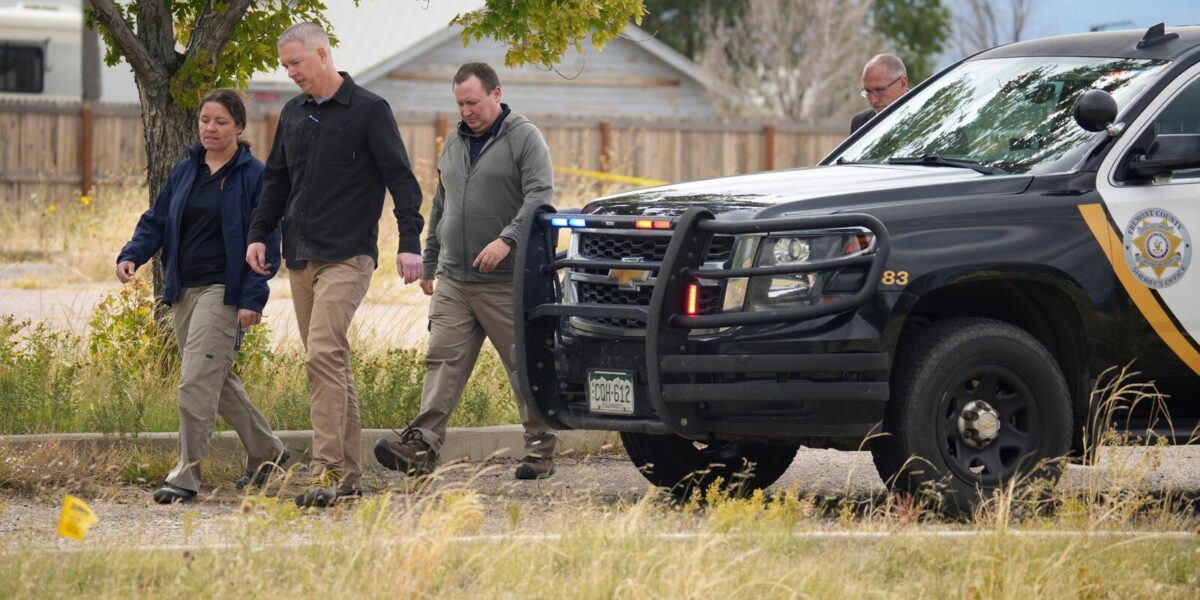DENVER — Colorado lawmakers passed a sweeping bill Monday to overhaul the state’s lax oversight over funeral homes after a series of horrific incidents, including sold body parts, fake ashes and the discovery of 190 decaying bodies.
The cases have devastated hundreds of already grieving families and shed a glaring spotlight on the state’s funeral home regulations, some of the weakest in the nation.
The bill will go to Democratic Gov. Jared Polis’ desk for a signature after final changes in the state Senate are considered by the House. If signed, regulators would have far greater enforcement power over funeral homes, and would be required to routinely inspect facilities including after one shutters.
It joins a second bill that passed both chambers last week which, if signed, would require funeral home directors and other industry roles to pass a background check, get a degree in mortuary science, and pass a national examination and an apprenticeship.
The legislations’ passage arrives after the 190 decomposing bodies were found at a funeral homes’ bug-infested facility about two hours south of Denver. Many families were left wondering whether the cremated remains they received were actually their child’s or parent’s. Some have learned they weren’t.
Instead, some bodies were languishing in a building, some for four years. The owners have been arrested and face hundreds of charges, including abuse of a corpse.
At another Colorado funeral home in February, a body was left in the back of a hearse for over a year.
Colorado’s funeral home regulations are some of the weakest in the nation. Funeral home directors don’t have to graduate high school and regulators weren’t required to do routine inspections, as is the case in many other states. These bills would be a dramatic update, putting Colorado on par with the rest of the country.
___
Bedayn is a corps member for the Associated Press/Report for America Statehouse News Initiative. Report for America is a nonprofit national service program that places journalists in local newsrooms to report on undercovered issues.


